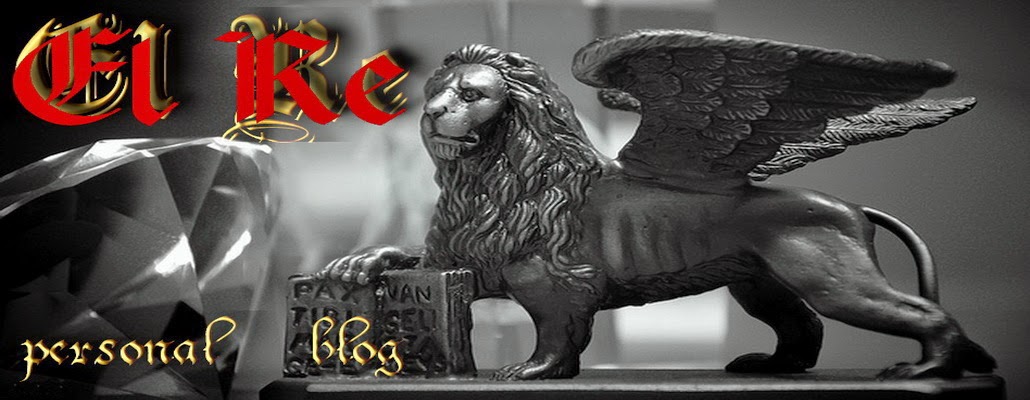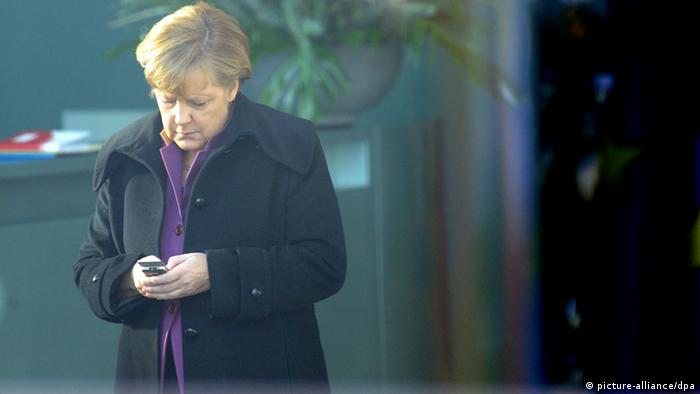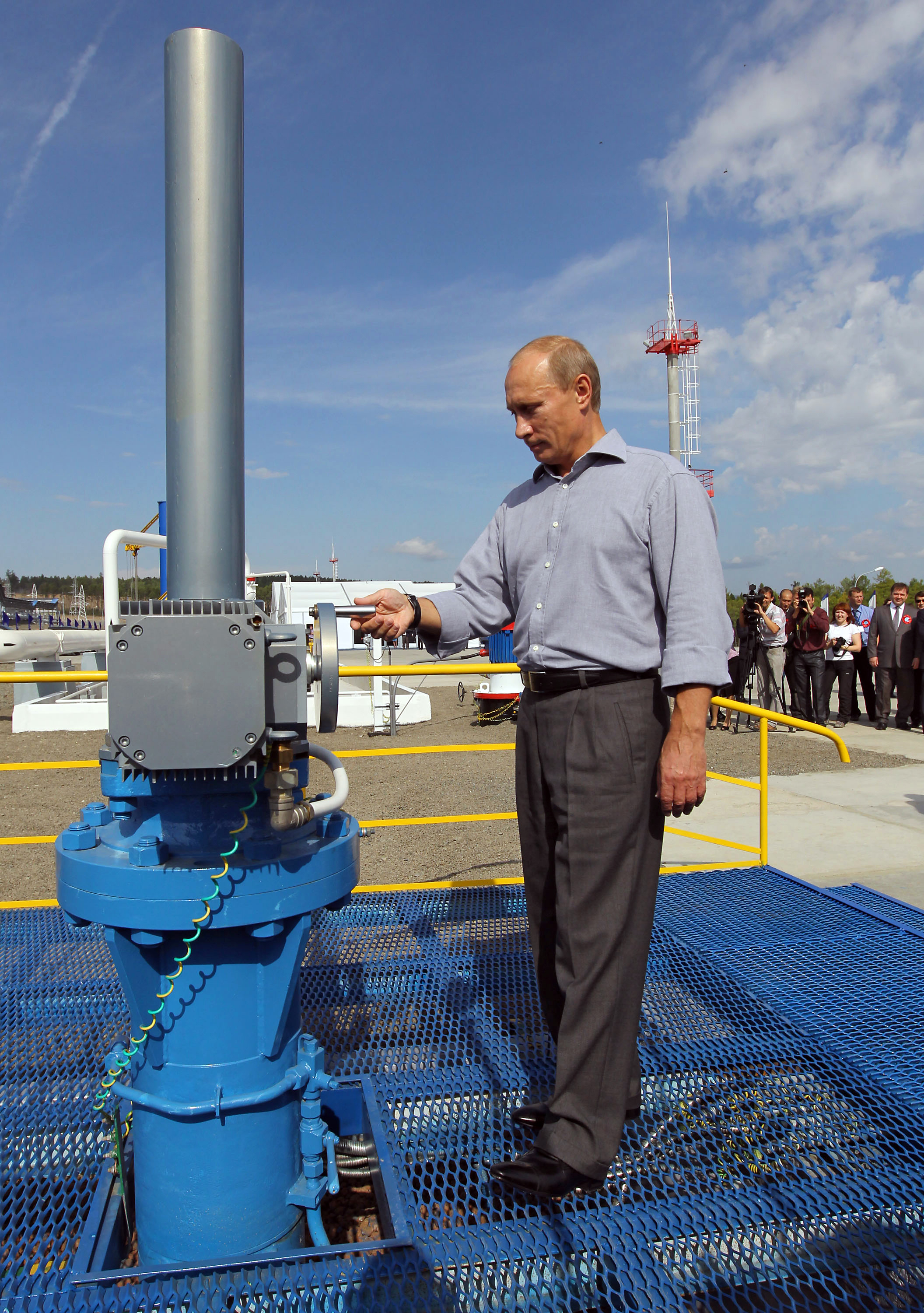
In its push to purge Russian-backed insurgents from eastern Ukraine, government forces this month freed several cities. Among them are the Donetsk Oblast cities of Dzerzhynsk, Rubizhne, Soledar, Debaltseve, Shakhtarsk and Torez, as well as Luhansk Oblast’s Lutugino, Lysychansk, Severodonetsk and Popasna.
But the nation paid a high price in liberating the cities, with more than 120 soldiers killed in battle since July 17. In total, 363 government troops have been killed and 1,434 wounded since the onslaught of the violence in April. The following is the list of soldiers killed in battle from July 17-28.

Glory to Ukraine! Glory to the heroes!..
July 17
Ivan Yavkushyn, 31, from Yevpatoria, killed during shelling at a checkpoint in Marynivka, Donetsk Oblast. He is survived by his wife and daughter.
Dmytro Hryhorenko, 22, from Fastiv, Kyiv Oblast, died from injuries received during battle on July 12.
Andriy Kostyrko, 24, from Bryukhovychi village, Lviv Oblast, was killed when Kremlin-backed insurgents shelled his group’s position in Luhansk.
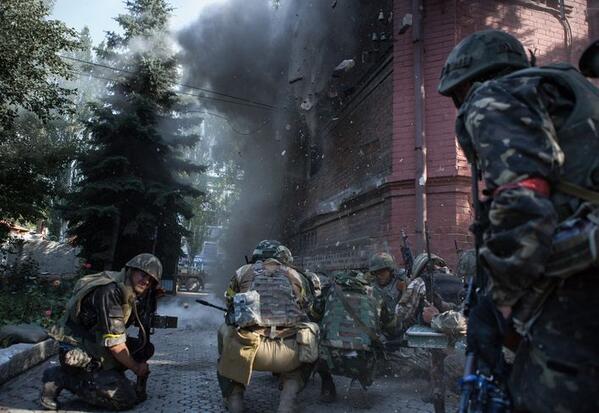
Ukraine army during fierce fighting of recapturing a rebel-stronghold in Slovyansk.
July 18
Ruslan Chubatenko, 23, from Bereznyaky in Cherkasy Oblast, killed after rebels fired Grad rockets near Savur-Mohyla in Donetsk Oblast.
Oleh Barskyi, 38, was killed during shelling near Marynivka, Donetsk Oblast. He leaves a wife and a son.
Viktor Boiko, 40, from Cherkasy, was killed by sniper fire. He leaves a 12-year-old daughter.
Ihor Chernyak, a volunteer of the Donbass Battalion, was killed during battle near Popasna village, Luhansk Oblast.
Konstyantun Blozva was killed in battle near Popasna village, Luhansk Oblast.
Sergiy Bohonko, 22, from Yerky village, Cherkasy Oblast. The Donbas Battalion volunteer died from injuries in Artemivsk, Donetsk Oblast.
July 19
Oleksandr Yurchenko, 42, from Abramivka village in Cherkasy Oblast,
Serhiy Belokopytskiy, 31, from Zaporizhia Oblast. He leaves a wife and 6-year-old daughter.
Volodymyr Chornous, 26, from Panasivka village, Vinnytsya Oblast. The first lieutenant, commander of an air defense platoon, he leaves a wife and 1-year-old son.
Artur Pushanko, 20, Zhytomyr, was killed in battle near Lysychansk, Luhansk Oblast. “Curse on you, jackals! Many of you will see hell before you even go there!” his father wrote of his son’s death in a letter.
Markym Savchenko, 25, from Sumy, served as first lieutenant in the 95th Air Mobile Brigade and was killed in battle near Lysychansk, Luhansk Oblast.
Yuriy Lyapin, 19, from Kapustyntsi village in Kyiv Oblast. A soldier of the 95th Air Mobile Brigade, he was killed in battle near Lysychansk, Luhansk Oblast.
Oleh Klym, 37, from Shchyrets in Lviv Oblast, a soldier of the 95th Air Mobile Brigade, died in battle near Lysychansk, Luhansk Oblast. He leaves a wife and a daughter.
Mykola Burlaka, 27, from Stolne in Chernihiv Oblast. The soldier of the 95th Air Mobile Brigade was killed in battle near Lysychansk, Luhansk Oblast.
Denys Begits, 19, from Tsiurupynsk, Kherson Oblast.
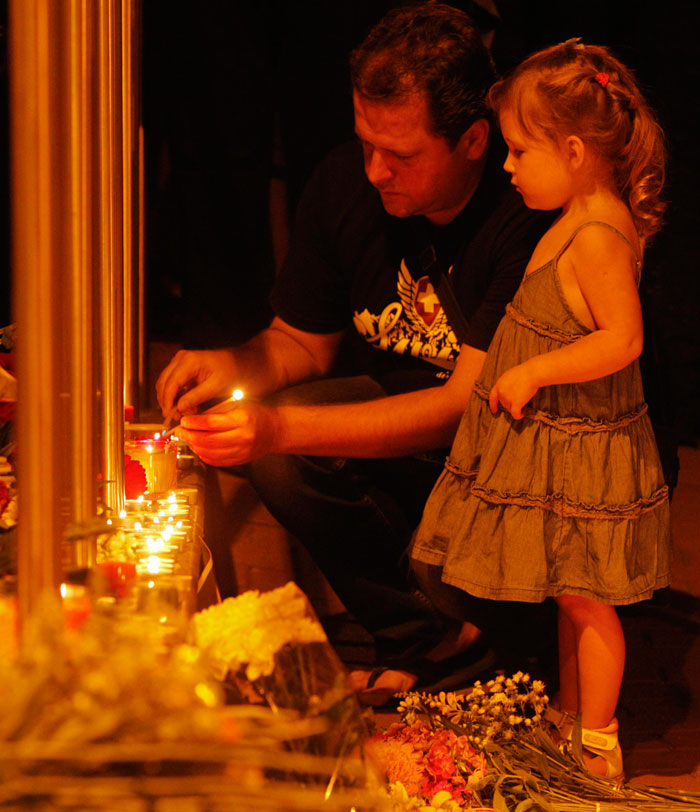
July 20
Pavlo Ilchuk, 22, from Voronenko village, Ivano-Frankivsk Oblast. He was killed by mortar fire near Luhansk airport.
Andriy Vasylyshyn, 29, from Doroshivtsi village, Chernivtsi Oblast. A master of unarmed self-defense, he volunteered to join the army.
Andriy Halai, 21, from Vikno village, Ivano-Frankivsk Oblast. He sacrificed his life for more than 50 wounded marines who were freed from encirclement by Kremlin-backed militants.
Oleh Mykhailov, 45, member of the Volyn Maidan Self-Defense from Derno village, Volyn Oblast. He was captured and executed by Russia-backed militants.

July 21
Artem Stryzhenko, 20, a soldier of the 95th Air Mobile Brigade from Zhytomyr.
Roman Maisternyuk, major and commander from Kirovograd Oblast. He died near a checkpoint in Horlivka, Donetsk Oblast. He leaves a wife and 20-year-old son.
Viktor Garkavenko, 29, from Glynyane village, Kirovograd Oblast. He died from severe injuries while receiving treatment in the hospital in Gukovo, Russia,
Oleksandr Zagorodniy, 50, from Dniprodzerzhynsk, Dnipropetrovsk Oblast. The soldier of the 39th battalion was killed in a blast when a minibus was packed with explosives detonated nearby.
Ihor Voloshyn , 28, from Rivne, was a soldier of the 39th battalion.
Roman Vaskalo, 26, from Lviv. A soldier of the 24th Mechanized Brigade, he leaves a wife and 1-year-old daughter.
Oleksiy Lepkalyuk, 58, from Staryi Kosiv village, Ivano-Frankivsk Oblast. A member of the Aidar Battalion, he was an active member of the EuroMaidan Revolution and a veteran of the Soviet War in Afghanistan. He died near a checkpoint in Luhansk.
Volodymyr Mukha, 20. A member of the Aidar battalion, he was from Kamianky village, Vinnytsia Oblast.
Mykola Korolko, 26, an Aidar Battalion soldier from Volyn Oblast, was killed during a combat mission near Luhansk.
Henadiy Toma, 41, an Aidar Battalion soldier from Kharkiv Oblast, was killed during a combat mission near Luhansk.
Pavlo Yashchuk, 48, an Aidar Battalion soldier from Berdyansk, Zaporizhia Oblast, was killed in an explosion during a combat mission near Luhansk. He is survived by a wife and 9-year-old son.
Oleksandr Chygryn, 20, soldier from Ust-Putyla village, Chernivtsi Oblast. He was killed in a blast from an armored personnel carrier in Luhansk Oblast,
Oleksandr Savchenko, 22, a second lieutenant of the 24th Mechanized Brigade in Yavoriv, was born in Kryzhopil, Vinnytsia Oblast. He was killed by mortar shelling in a border area of Luhansk Oblast. He leaves behind his parents and a sister,
The following four servicemen of the 93rd Mechanized Brigade of Cherkasy were killed in a battle with separatists near Pisky village near Donetsk.
Oleksandr Lavrenko, 31, tank company commander, born in Lozova, Kharkiv Oblast.
Oleksandr Vokhrameev, 40, junior sergeant gunner from Apostolove, Dnipropetrovsk Oblast.
Andriy Kuliahin, 21, soldier from Voskobiynyky village, Poltava Oblast.
Fedir Synelnyk, 28, soldier and bomber from Kharkiv Oblast. Before mobilization, he used to work at Donbass Fuel-Energy Company. He leaves his mother and sister.
July 22
Yevhenyi Yudenko, 27, a soldier from Komsomolsk in Poltava Oblast, was killed near Pisky village, Donetsk Oblast, when a mine exploded beneath his armored personnel carrier. Yudenko is survived by his mother and two older brothers.
Oleksandr Shyshko, 28, a gunner of the 12th “Kyiv” Territorial Defense Battalion, was mortally wounded during a Grad rocket attack in Luhansk Oblast. He died in a Kharkiv hospital. Shyshko leaves his wife and 8-month-old daughter.
July 23
Oleksandr Radievskyi, 44, a commander of a military unit of the National Guard of Ukraine. He was born in Kryvyi Rih. Radievskyi oversaw the liberation of Mykolaivka, Semenivka and Sloviansk. On July 15, he was awarded a medal for courage and dedication by President Petro Poroshenko. He died in a battle in Lysychansk, Luhansk Oblast.
Pavlo Snitsar, 38, commander of Infantry Battalion of the National Guard of Ukraine. Snitsar was born in Ulianivka, Kirovohrad Oblast. He died in the battle for the liberation of Lysychansk, Luhansk Oblast.
Ihor Kotsiar, a soldier from Kirovohrad, died in the battle for Lysychansk, Luhansk Oblast.
Iuri Dutchak was ambushed near Amvrosivka. He leaves a son.
Taras Yakymchuk, 20, a serviceman from Mizoch in Rivne Oblast, was fatally injured by crossfire and died in a helicopter on the way to the hospital.
Mykhailo Honcharenko, 23, soldier from Zaporizhia. He was badly injured when rebels opened fire on a Ukrainian military convoy near Lozove village, Donetsk Oblast. He leaves a mother, stepfather, sister and brother.
Ihor Khol, 21, lieutenant and platoon commander from Oleksandrivka, Cherkasy Oblast. In 2013, he graduated from Lviv Academy of Ground Forces. He was wounded on July 20 and died during surgery in a Kharkiv hospital.
Viktor Makydon, 45, a serviceman from Nizhin, Chernihiv Oblast, was a member of the Dnipro Battalion.
Serhiy Karbinovchy, 33, a private paratrooper from Voznesensk, Mykolaiv Oblast.

July 24
Roman Krakovetsky, 23, a gunner of the 40th territorial defense battalion “Krivbas” from Kryvyi Rih. He was killed when his armored vehiclewas hit by radio-controlled bombs near Amvrosivka, Donetsk Oblast.
Ihor Berestenko, anti-aircraft gunner of the 93th Mechanized Brigade in Cherkasy, was a member of the Armed Forces of Ukraine. He was born in Nikopol, Dnipropetrovsk Oblast and killed in battle near Novoluhanske village, Donetsk Oblast.
The following servicemen of the 8th separate special purpose regiment were killed on patrol after discovering a diversionary militant group in Donetsk Oblast.
Andriy Chaban, 26, sergeant from Zalistsi in Ternopil Oblast.
Volodymyr Cherkasov, 25, serviceman from Olhopil, Vinnytsia Oblast.
Vasyl Koberniuk, 31, from Iziaslav, Khmelnytsky Oblast. He leaves a mother, brother and fiancé.
Oleh Orlov, 23, gun commander in the 72nd mechanized brigade of Bila Tserkva. He was born in Uman, Cherkasy Oblast and was killed by mortar fire near the Russian border at Chervona Zoria village, Donetsk Oblast.
Serhiy Rokitskyi, 33, officer and sergeant of the 24th Mechanized Brigade. A military doctor, he was killed by a sniper while helping a wounded colleague on the battlefield. He leaves his parents and a 4-year-old daughter.
July 25
Volodymyr Statiy was part of a Ukrainian volunteer corps from Lviv. He was killed in a grenade explosion near Pisky village, Donetsk Oblast.
Andriy Belenets was a member of the Ukrainian volunteer corps from Novokyivka, Mykolaiv Oblast. He was killed by gunfire near Pisky village, Donetsk Oblast. He leaves a wife and four children.
Dmytro Heorhiev, 36, captain from Mykolaiv. He was killed defending Luhansk airport. He leaves his wife and two sons in Uzhhorod.
Mykola Povkh, a serviceman from Velymche, Volyn Oblast.
Pavlo Strelchyk was a member of the Aidar Battalion from Kyiv. He was killed in battle near Luhansk. He leaves a wife and two children.
Pavlo Leiba, 18, a soldier from Berehomet, Chernivtsi Oblast. He died of a gunshot wound to the head near Lysychansk, Luhansk Oblast.
Oleksandr Syrota, 24, a contract paratrooper soldier from Prymorske, Odesa Oblast, was killed during shelling near the border village Tarany, Donetsk Oblast. He leaves his parents and five siblings.
Hryhory Savchuk, 35, Zaluzhne, Volyn Oblast. He leaves a pregnant wife and three children. He died in a Kharkiv military hospital from severe battle wounds.
Hryhory Horchak, 33, a senior warrant officer of the state border service from Odesa Oblast, was badly wounded during a militant tank attack. He leaves a wife and two children.
Oleksandr Hryhorovych, 35, a Dnipro Battalion member from Pechanivka, Zhytomyr Oblast, leaves his family and seven-year-old daughter in Dnipropetrovsk.
July 26
Vitaliy Piddubnyi, 36, a volunteer serviceman in the “Donbas” battalion, was killed near Lysychansk while transporting food and aid for the platoon. Born in Myropillia village, Sumy Oblast, he lived in Berdiansk and was a Maidan self-defense volunteer during the EuroMaidan revolution. He leaves a wife and two kids.
Serhiy Lazenko, 46, lieutenant from Pereyaslav-Khmelnytsky, Kyiv Oblast. He was killed in action on the outskirts of Donetsk Oblast. He leaves his wife and 5-year-old daughter.

July 27
Oleksandr Dzebelyuk, 24, a border guard from Nova Ushytsia village, Khmelnytsiky Oblast, was killed during massive shelling near Dovzhansky border crossing, Luhansk Oblast.
Volodymyr Blazhko, 32, a border guard from Mogyliv-Podilskyi, Vinnytsia Oblast, was killed during massive shelling at the Dovzhansky border crossing, Luhansk Oblast. He leaves a wife and a 4-year-old daughter.
Viktor Sokolovskyi, 27, a border guard from Ozarytsi in Vinnytsia Oblast. He was killed during massive shelling at the Dovzhansky border crossing, Luhansk Oblast.
Pavlo Dmytrenko, 43, the border guard from Dzhuryn in Vinnytsia Oblast was killed during massive shelling at the Dovzhansky border crossing, Luhansk Oblast. He leaves a wife and a 21-year-old son.
Serhiy Kyrychuk, junior sergeant of State Border Guard from Rymachi, Volyn Oblast.
Oleksandr Vasylenko, 20, a soldier of 95th Air Mobile brigade from Ignapil village, Zhytomyr Oblast.
Serhiy Biloushenko, 21, soldier of the 95th Airmobile Brigade from Korsun-Shevchenkivskyi, Cherkasy Oblast. He was killed near Torez, Donetsk Oblast.
Oleksandr Knysh, 31, a senior sergeant from the 95th Airmobile Brigade, is survived by a wife and two sons.
Oleksandr Osnova, a soldier of 93rd Mechanized Brigade from Vilnyansk, Zaporizhia Oblast, was killed in Debaltseve, Donetsk Oblast.
Vasyl Spasionov, colonel and chief of air defense for the 51st Mechanized Brigade from Zhytani, Volynska Oblast. He was killed during the liberalization of Lysychansk and leaves a wife and a 5-year-old son the couple adopted two years ago.
Stanislav Kulakevych, 25, a junior sergeant and sniper of the 51st Mechanized Brigade from Blazhove, Rivne Oblast, died in battle and his survived by his parents and nine siblings.
The following thirteen servicemen of the “Aidar” Battalion were killed in action on July 27, during operations in Luhutine, Uspenka and Heorhiivka, Luhansk Oblast.
Vasyl Bilyk, 21, known as “Hutsul,” was from Horodenka, Ivano-Frankivsk Oblast. He leaves a 3-year-old daughter.
Mykola Lychak, a scout from Irpin, Kyiv Oblast. An Afghanistan War veteran, he was killed in a mortar attack. Last year he lost his wife. He leaves two sons, one of which is disabled with cerebral palsy.
Ihor Rymak, known as “Sirko,” died in battle.
Ionchu Aliev was killed in action.
Stanislav Miniuk, from Haisyn, Vinnytsia Oblast.
Ivan Kulish died in battle.
Orest Kvach, 23, from Zalischyky, Ternopil Oblast, was killed when he hit a mine. He was an active participant of the Dynamo “ultras.”
Serhiy Kovryha, known as “Lialik,” from Haisyn, Vinnytsia Oblast was killed in action.
Mykhailo Verbovyi, known as “Lieshyi” died in combat.
Oleksandr Davydchuk, a scout from Irpin, Kyiv Oblast. Davydchuk was an veteran of the Afghan War. He leaves his wife and 8 year old daughter in Irpin.
Serhiy Shostak, known as “Shest,” was from Lutsk. Until 2006, he was a member of the Berkut special riot police force.
Vitaliy Boyko, died in combat.
Illia Vasylash, known as “Did,” was killed in action.
Valentyn Batiuk, 35, a soldier of the 30th Mechanized Brigade from Rohizna, Zhytomyr Oblast, died fighting near Luhansk.
Mykola Brui, known as “Klyn,” was a grenadier from Chernihiv. He was killed in battle near Luhansk airport when his military column was ambushed by Russian-backed militants. He was a member of the Chernihiv branch “Trident”. He leaves a wife and a young daughter.
Mykola Kutsenko, 21, a lieutenant and commander of the tank brigade from Honcharivske, Chernihiv Oblast, was born in Myrhorod, Poltava Oblast. He came from a long line of military men and dreamed of becoming an officer. Kutsenko died protecting his crew, which came under fire near Lutuhyne, Luhansk Oblast.
S. Koval, a serviceman from Yaroslavka, Chernihiv Oblast, was killed in a battle near Luhansk airport when his unit was ambushed.
July 28
Anatoliy Romanchuk, 33, a captain and chief of intelligence for the 72nd Mechanized Brigade from Bila Tserkva, Kyiv Oblast.
Mykola Pynchul, 22, was reportedly killed by friendly fire.
Viktor Khmelnytskyi of Volodymyr-Volynskyi, Volyn Oblast was killed near Krasnodon, Luhansk Oblast.
Mykola Brui, a bomber of the 1st Separate Tank Brigade from Chernihiv, was reportedly killed during a fight near the Luhansk airport.
Maksym Stanislav, of Globy, Volyn Oblast, was killed during the fight for Savur-Mohyla near the border with Russia.
